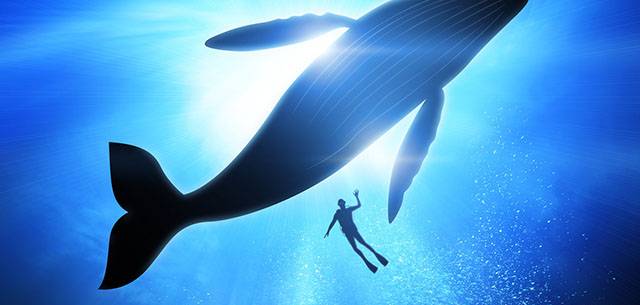
Una ballena azul encalló en una playa de Namibia el martes 27 de abril de 2021. El mamífero será sometido a autopsia para determinar las causas de muerte, pero según los hallazgos iniciales, podría tratarse de una colisión con un barco. Esto es lo que informa el biólogo marino Simon Elwen. De hecho, según él, el cuerpo de la ballena estaba cubierto de heridas que sugieren que: "el animal fue atropellado por un barco, muy cerca de la bahía" . Este incidente es relativamente raro de destacar. Sobre todo porque este tipo de mamífero casi nunca se aventura tan cerca de la costa. Ya el lunes, un observador de ballenas había visto a la ballena "flotando sobre su lomo" frente a la ciudad portuaria de Walvis Bay en Namibia. El cuerpo sin vida luego llegó a la orilla el martes por la mañana.
La ballena azul es el animal vivo más grande de la tierra. Esta ballena presenta unas dimensiones impresionantes: 30 metros de largo y 170 toneladas. Pertenece a la categoría de especies en peligro de extinción. En 2018, la UICN estimó que había entre 5.000 y 15.000 ballenas azules, mientras que WWF estima que el número actual estaría entre 10.000 y 25.000.
Si cuarenta años de caza de ballenas han llevado a la especie al borde de la extinción, parece que las ballenas azules están repoblando lentamente las aguas del sur de África.
Por supuesto, estamos muy lejos de los niveles previos a la caza industrial. Antes del cambio de siglo XX, la especie era abundante en casi todos los océanos con al menos 250.000 individuos.
Publicado el 28-04-2021 10:52








Comentarios